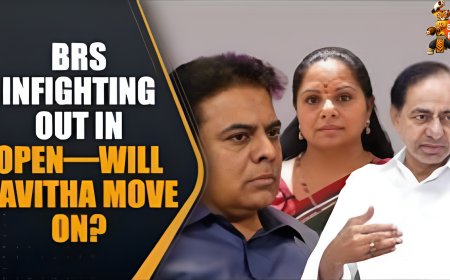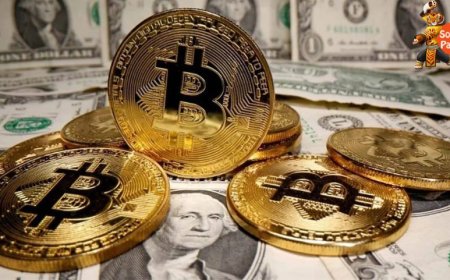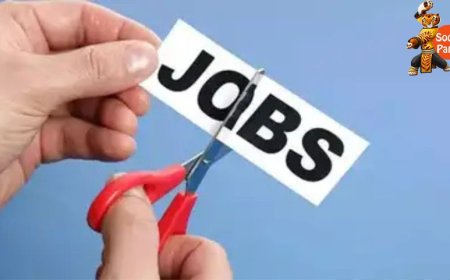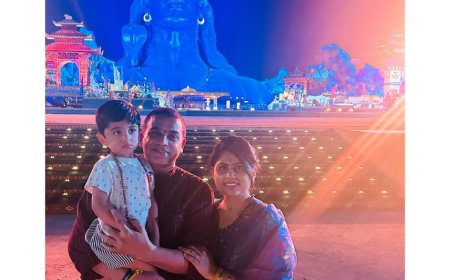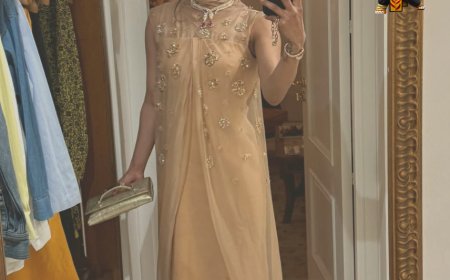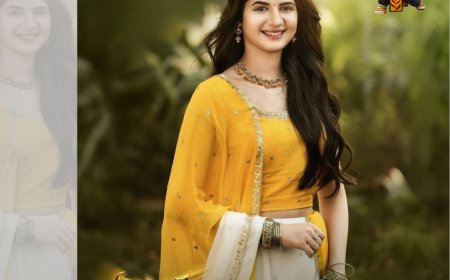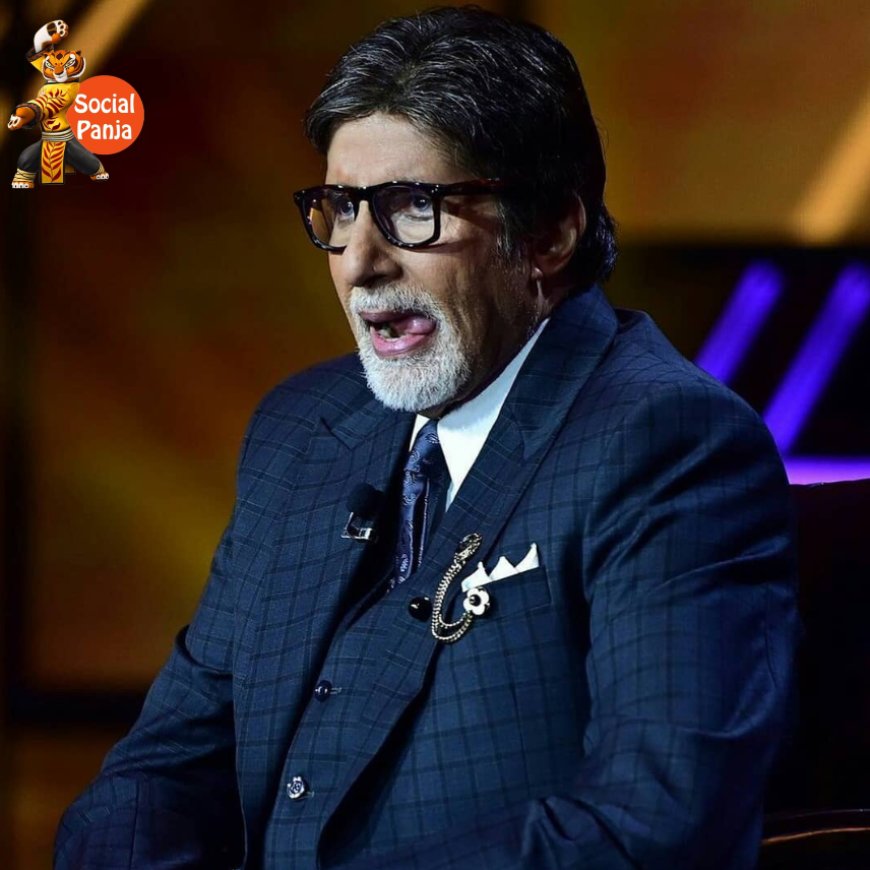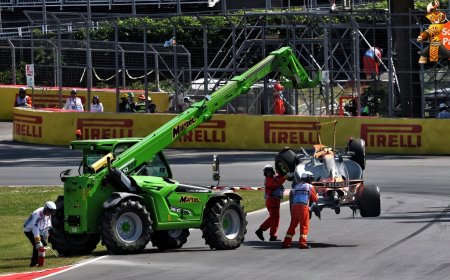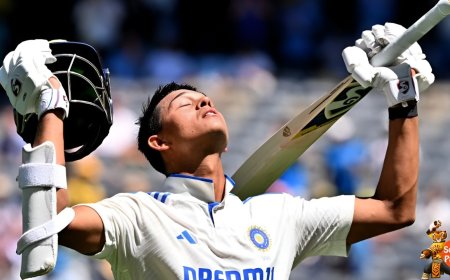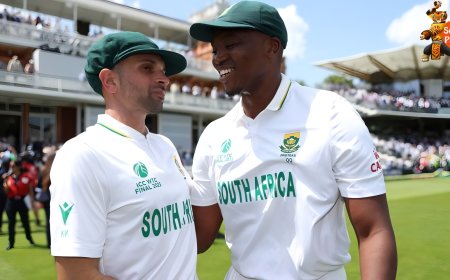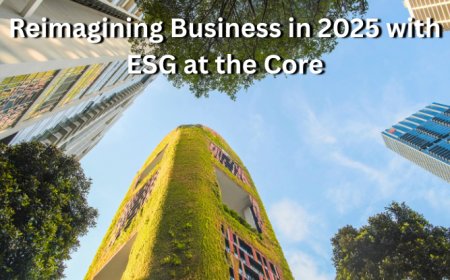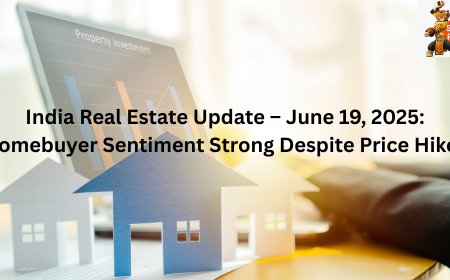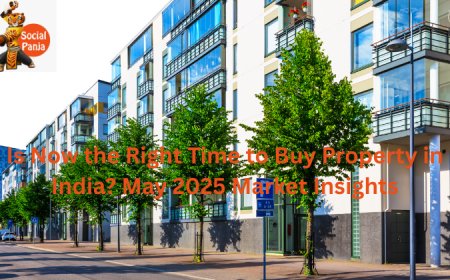Are Violent Movies the New Ticket to Box Office Success?
Exploring why violence in movies is rising and how it’s shaping modern entertainment culture.

Modern lifestyles are deeply entwined with on-demand entertainment, and today's moviegoers often crave an adrenaline rush that mirrors their fast-paced lives. Violence, whether in gritty crime dramas or explosive action films, seems to be the spark that ignites box office success. It's not just about shock value—it's about spectacle. With audiences flooded by content, intense visuals and heightened emotions are a surefire way to stand out, keeping viewers engaged and talking long after the credits roll. Major studios and streaming platforms alike have taken notice, often greenlighting scripts that lean into darker themes, high body counts, and visceral action sequences. This isn’t just about thrill-seeking, though. There’s a psychological draw to violence—it triggers strong emotional responses, from fear to catharsis, and in doing so, creates a memorable experience. Movies like John Wick or The Dark Knight have built entire franchises on stylized violence that feels both polished and purposeful. As audiences crave intensity, filmmakers are increasingly blending brutal realism with high-concept storytelling, making violence not just a backdrop, but the main stage.
While violence may sell, it raises questions about its influence on our collective mindset. Are we normalizing aggression, or simply reflecting a turbulent world through art? Many filmmakers argue it's a storytelling tool, but the line between narrative necessity and gratuitous spectacle is often blurred. The concern grows when violence becomes a lazy fallback—used to fill plot holes or maintain attention instead of developing character or story depth. This trend speaks to a broader shift in audience expectations, where extreme content is often equated with quality or boldness.
What's Your Reaction?







